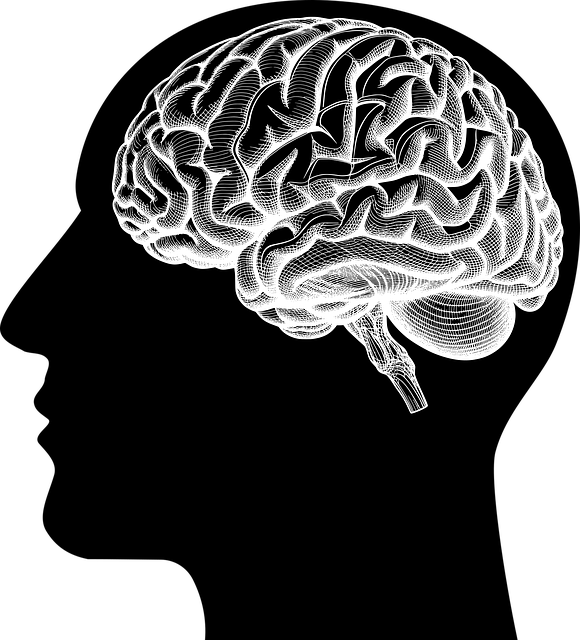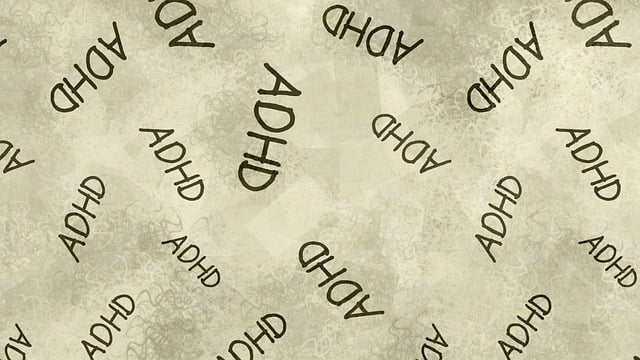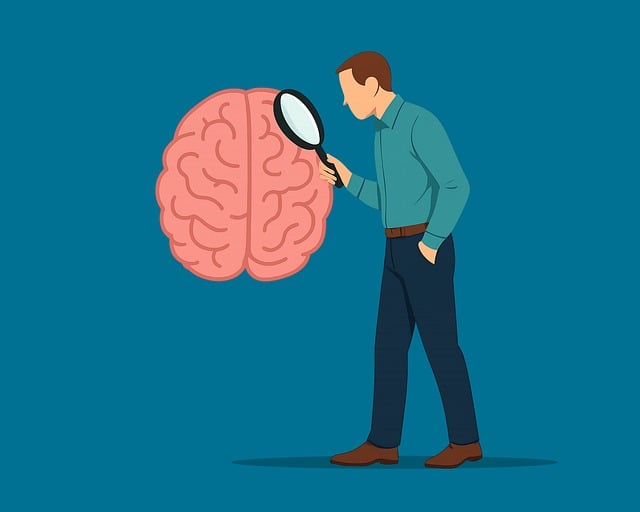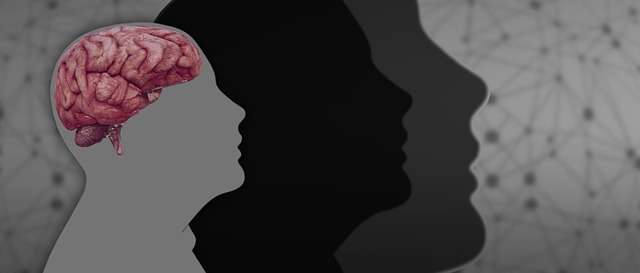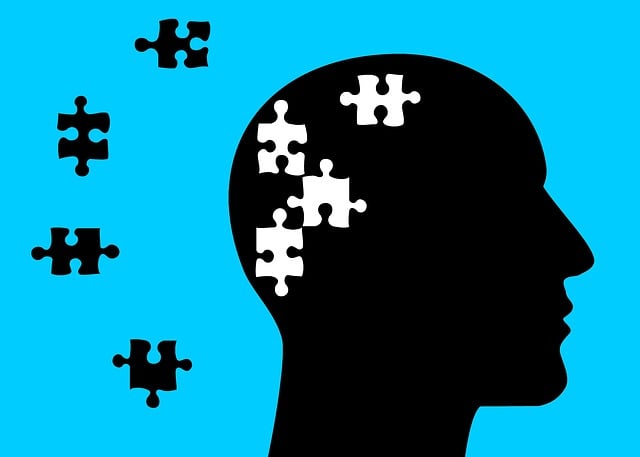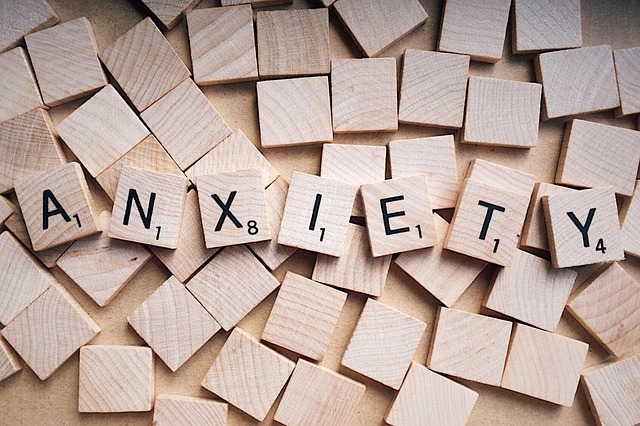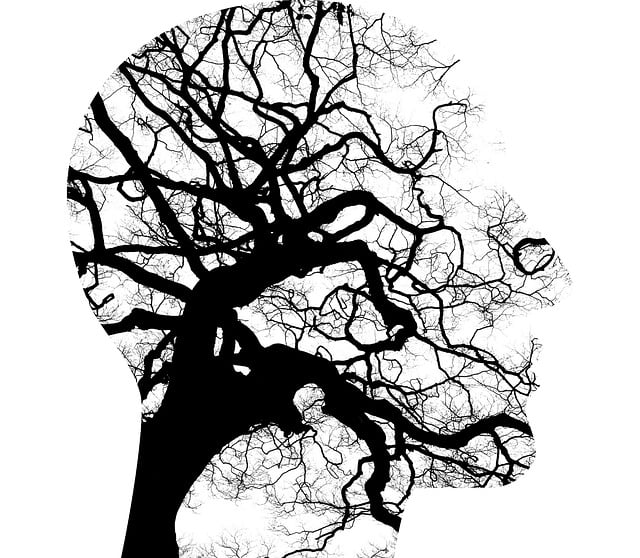Golden Codependency Therapy (GCT) offers a specialized approach to healing from loss, grief, and bereavement, addressing complex inter-individual dynamics and codependent patterns. Integrating various therapeutic techniques, this method enhances emotional processing, fosters healthier relationships, and provides tailored care accessible to underserved communities. By combining GCT with effective communication strategies and cultural competency training, healthcare providers can support individuals through the grieving process, helping them heal, find peace, and rediscover purpose.
Loss, grief, and bereavement are universal experiences that can profoundly impact individuals. This comprehensive guide explores these complex emotions, offering insights into understanding and healing. We delve into the transformative power of Golden Codependency Therapy, a therapeutic approach that empowers individuals to navigate their grief journey. By identifying signs of unresolved grieving and employing effective counseling techniques, professionals can facilitate healing. Additionally, we provide strategies for building resilience and finding hope after loss, empowering clients to emerge stronger.
- Understanding Loss, Grief, and Bereavement: A Comprehensive Overview
- The Role of Golden Codependency Therapy in Healing Processes
- Identifying Signs and Symptoms of Unresolved Grieving
- Therapeutic Techniques for Effective Counseling Sessions
- Building Resilience and Finding Hope After Loss: Strategies for Clients
Understanding Loss, Grief, and Bereavement: A Comprehensive Overview

Understanding loss, grief, and bereavement is a complex journey that involves recognizing and processing deep emotions. It’s a natural response to significant life changes or tragedies, impacting individuals physically, emotionally, and psychologically. In the context of Golden Codependency Therapy (GCT), this process is seen as an opportunity for personal growth and transformation. GCT offers unique conflict resolution techniques to help clients navigate through grief, fostering a healthier relationship with themselves and others.
By integrating various therapeutic approaches, counselors can provide effective support during these challenging times. Addressing anxiety relief through specialized strategies is crucial, as bereavement often exacerbates existing mental health concerns. Furthermore, Mental Health Policy Analysis and Advocacy play a significant role in ensuring accessible counseling services, especially for underserved communities. This comprehensive overview highlights the need for holistic care, recognizing that each individual’s experience with loss, grief, and bereavement is unique and warrants tailored support.
The Role of Golden Codependency Therapy in Healing Processes

Golden Codependency Therapy offers a unique approach to healing processes, particularly in the context of loss, grief, and bereavement. This therapeutic method focuses on addressing the complex dynamics between individuals and their loved ones, often revealing unhealthy patterns of codependence that can hinder the grieving process. By exploring these relationships, clients gain insights into their emotional responses to loss, enabling them to develop healthier attachment styles.
Incorporating Golden Codependency Therapy within healthcare provider training, specifically in cultural competency, is valuable. It equips providers with tools to understand and support individuals from diverse backgrounds who may experience grief differently due to cultural beliefs and practices. Through this therapy, clients learn to regulate their emotions, cultivate positive thinking, and navigate the grieving process at their own pace. This personalized approach ensures that each individual’s unique journey of healing is respected and nurtured.
Identifying Signs and Symptoms of Unresolved Grieving

Unresolved grief can manifest in various subtle ways, often indicating a need for further support and counseling. Individuals who are unable to process their loss may experience prolonged periods of sadness, intense feelings of loneliness, or even a sense of detachment from their daily lives. They might find themselves reliving the moment of loss through frequent thoughts or nightmares, and they could struggle with making decisions or maintaining focus due to an overwhelming emotional fog. These signs are not merely temporary reactions but red flags that something deeper is at play.
The Golden Codependency Therapy approach recognizes these complex emotions and offers valuable insights into addressing them. By learning effective communication strategies and employing techniques for promoting emotional well-being, individuals can navigate their grief journey with support. Additionally, healthcare provider cultural competency training plays a crucial role in ensuring that grievers receive tailored care, especially when cultural beliefs influence coping mechanisms. Through these methods, counseling becomes a powerful tool to help individuals process their loss, heal, and eventually find a new sense of peace and purpose.
Therapeutic Techniques for Effective Counseling Sessions

In facilitating effective counseling sessions for loss, grief, and bereavement, therapists employ a range of therapeutic techniques tailored to address the unique needs of each client. One such evidence-based approach is Golden Codependency Therapy (GCT), which helps individuals break free from unhealthy patterns that can impede healing. GCT encourages clients to explore their roles within their families of origin, fostering self-awareness and boundary setting. This process enables them to develop healthier relationships and cope with loss in a more constructive manner.
Additionally, successful counseling sessions often incorporate elements of community outreach program implementation, enhancing support systems. By integrating mental health awareness initiatives, counselors can help clients navigate their grief while promoting resilience. Effective communication strategies are paramount; therapists employ active listening, empathy, and open dialogue to create a safe space for clients to express their emotions. These techniques empower individuals to process their loss, understand their feelings, and eventually find meaning and healing in their journey of bereavement.
Building Resilience and Finding Hope After Loss: Strategies for Clients

After experiencing a significant loss, individuals often face a challenging journey of grief and bereavement. However, through specialized counseling, clients can learn powerful strategies to build resilience and find hope amidst their sorrow. One effective therapeutic approach is Golden Codependency Therapy (GCT), which focuses on breaking unhealthy patterns and fostering self-discovery. By exploring their emotions and experiences in a safe space, individuals can begin to heal and develop coping mechanisms that enhance their overall well-being.
In the context of loss, GCT equips clients with tools to navigate their grief journey. It encourages them to challenge negative thought patterns, promote self-esteem improvement, and provide crisis intervention guidance when needed. This therapy facilitates the process of acceptance, allowing individuals to find moments of peace and hope. Through these strategies, clients can build a foundation of resilience, enabling them to adapt and grow even in the face of profound loss.
Loss, grief, and bereavement counseling play a pivotal role in helping individuals navigate the complexities of these emotional journeys. By understanding the nuances of loss and adopting therapeutic approaches like Golden Codependency Therapy, counselors can facilitate healing processes and empower clients to build resilience. This article has provided an overview of essential aspects, from recognizing signs of unresolved grief to effective counseling techniques and hope-building strategies. Incorporating these insights can significantly enhance support for those facing profound losses, ultimately enriching their path to recovery.
